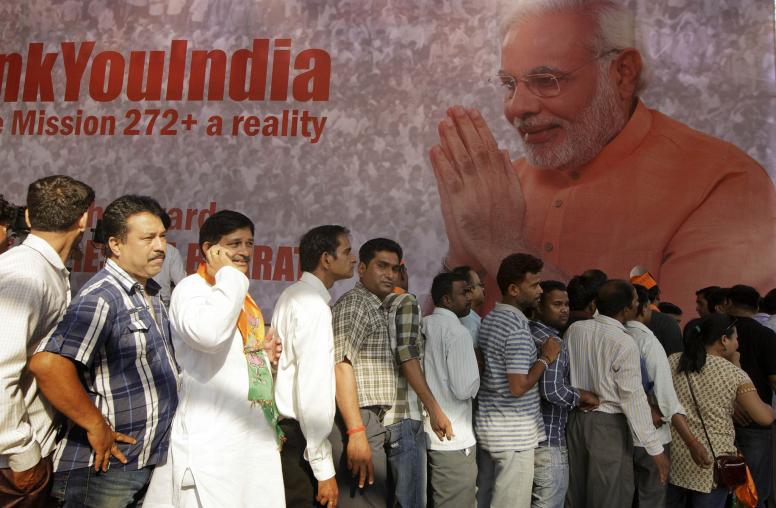Group Inequality and Conflict: Some Insights for Peacebuilding
Political, socioeconomic or cultural inequalities among groups could potentially motivate political violence in societies. Research has shown that political inequalities between groups are most likely to motivate leaders, while socioeconomic inequalities motivate followers.

Summary
- Political, socioeconomic or cultural inequalities among groups could potentially motivate political violence in societies. Research has shown that political inequalities between groups are most likely to motivate leaders, while socioeconomic inequalities motivate followers.
- Political violence is most likely to occur when there is a confluence of exclusionary governance and economic and social marginalization imposed by one group on another.
- In order to minimize the likelihood of conflict, policies should first address the political inequalities that most often provide a catalyst for the leadership of a violent uprising. Reducing the immediacy of conflict allows for subsequent work to address the socioeconomic inequalities that could eventually mobilize the group members at large.
- Going forward, there should be more research into group dynamics and conflict-triggers, coordinated international assistance to ensure optimal policy sequencing, inclusion of equality as an aspect of humanitarian and development programs and increased training and sensitization to group inequalities.
About This Brief
This Peace Brief reflects the discussion at the USIP public event, “Will Decreasing Horizontal Inequalities Reduce the Likelihood of Political Violence?,” held on February 22, 2010, featuring leading expert on horizontal inequalities, Frances Stewart of Oxford University, S. Tjip Walker and Robert Aten of the United States Agency for International Development (USAID), and Raymond Gilpin, associate vice president of USIP’s Center for Sustainable Economies. Details of this event, including the audio and Stewart’s PowerPoint presentation, are available online. This brief was written by Michelle Swearingen, program assistant for USIP’s Center for Sustainable Economies.




